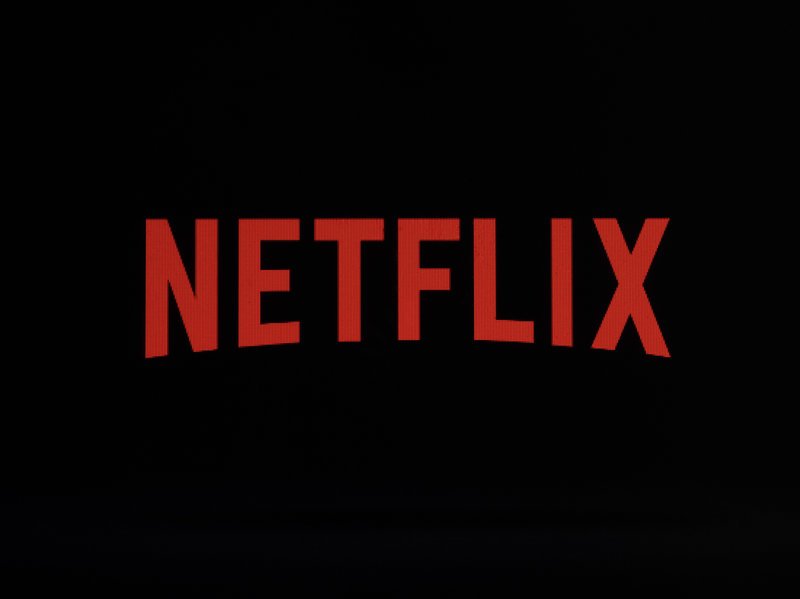
Internationally renowned streaming giant Netflix is reportedly preparing to exit the Nigerian market due to the country’s ongoing economic challenges.
The decision comes amid rising inflation and an unfavorable economic climate, as indicated by recent figures released by the National Bureau of Statistics (NBS).
According to Peoples Gazette, a Netflix representative, speaking on condition of anonymity ahead of an official announcement, outlined the reasons behind the decision. “We’re exiting the Nigerian market,” the source confirmed. “Significant losses in paying subscribers, coupled with the unfavorable naira-to-dollar exchange rate, have made it increasingly difficult to sustain our operations in the region.”
Netflix’s withdrawal is a major setback, as the platform has been instrumental in transforming Nigeria’s entertainment industry. The company officially entered the Nigerian market six years ago with its production of Lionheart, the first Netflix Original film from Nigeria. The project was celebrated as a milestone for Nollywood, helping to elevate Nigerian cinema to international prominence.
Over the years, Netflix has become a critical platform for showcasing Nollywood content to global audiences, contributing significantly to the industry’s growth. However, the economic challenges under President Bola Tinubu’s administration, including inflation and a devalued naira, have created a harsh business environment for the platform.
While Netflix has experienced subscription declines in various regions, Nigeria’s exit marks the first time the platform has left a major economy, highlighting the severe impact of the country’s economic struggles. This development not only affects Netflix but also raises concerns about the broader implications for Nigeria’s creative industry, which has benefited significantly from the platform’s investments and global reach.
Observers have noted that Netflix’s departure could leave a gap in the market, potentially impacting local filmmakers who relied on the platform to distribute their work to international audiences. Additionally, this move may discourage other global companies from investing in Nigeria, further compounding the economic difficulties faced by the country.





